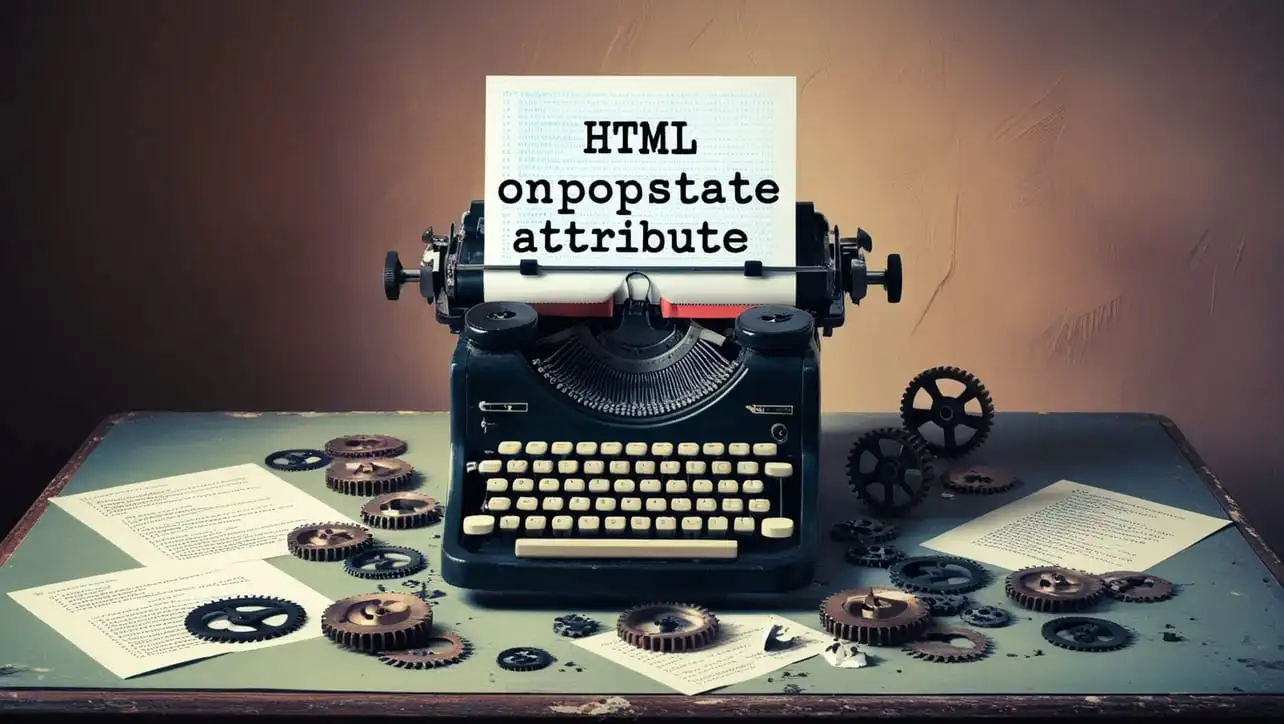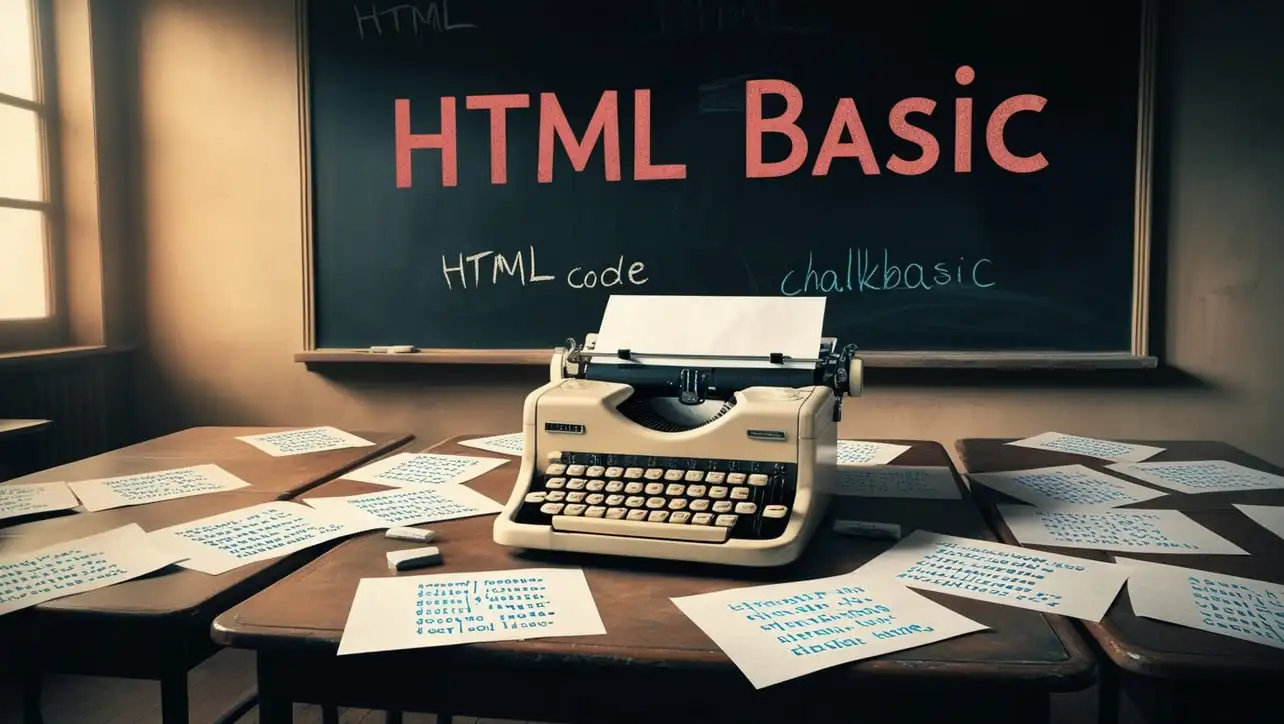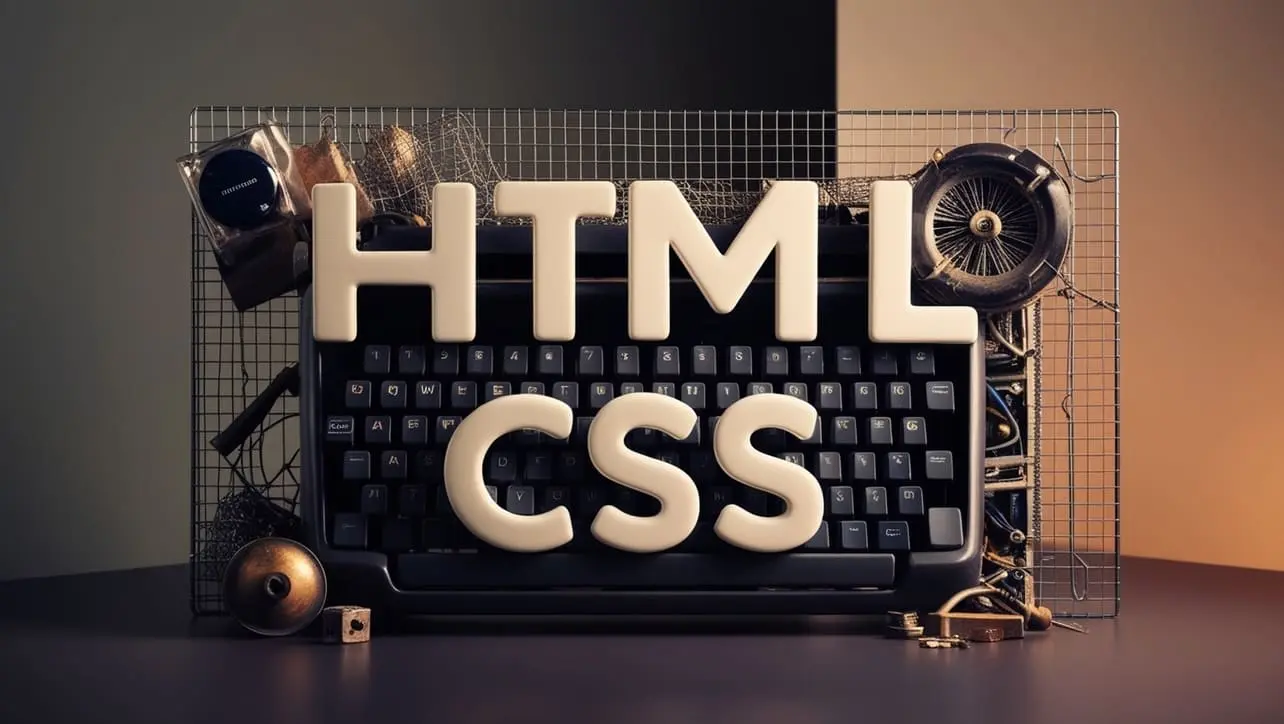
HTML Topics
- HTML Intro
- HTML Basic
- HTML Editors
- HTML CSS
- HTML Tags
- HTML Deprecated Tags
- HTML Events
- HTML Event Attributes
- HTML Global Attributes
- HTML Attributes
- abbr
- accept
- accept-charset
- accesskey
- action
- align
- alt
- archive
- as
- async
- autocapitalize
- autocomplete
- autofocus
- autoplay
- axis
- bgcolor
- border
- cellpadding
- cellspacing
- char
- charoff
- charset
- checked
- cite
- class
- classid
- codebase
- codetype
- color
- cols
- colspan
- compact
- content
- contenteditable
- controls
- coords
- crossorigin
- data
- data-*
- datetime
- declare
- default
- defer
- dir
- dirname
- disabled
- download
- draggable
- enctype
- enterkeyhint
- for
- form
- formaction
- formenctype
- formmethod
- formnovalidate
- formtarget
- frame
- frameborder
- frameset
- headers
- height
- hidden
- high
- href
- hreflang
- hspace
- http-equiv
- id
- inert
- inputmode
- ismap
- kind
- label
- lang
- list
- loop
- low
- max
- maxlength
- media
- method
- min
- multiple
- muted
- name
- novalidate
- onabort
- onafterprint
- onbeforeprint
- onbeforeunload
- onblur
- oncanplay
- oncanplaythrough
- onchange
- onclick
- oncontextmenu
- oncopy
- oncuechange
- oncut
- ondblclick
- ondrag
- ondragend
- ondragenter
- ondragleave
- ondragover
- ondragstart
- ondrop
- ondurationchange
- onemptied
- onended
- onerror
- onfocus
- onhashchange
- oninput
- oninvalid
- onkeydown
- onkeypress
- onkeyup
- onload
- onloadeddata
- onloadedmetadata
- onloadstart
- onmousedown
- onmousemove
- onmouseout
- onmouseover
- onmouseup
- onmousewheel
- onoffline
- ononline
- onpagehide
- onpageshow
- onpaste
- onpause
- onplay
- onplaying
- onpopstate
- onprogress
- onratechange
- onreset
- onresize
- onscroll
- onsearch
- onseeked
- onseeking
- onselect
- onstalled
- onstorage
- onsubmit
- onsuspend
- ontimeupdate
- ontoggle
- onunload
- onvolumechange
- onwaiting
- onwheel
- open
- optimum
- pattern
- placeholder
- popover
- popovertarget
- popovertargetaction
- poster
- preload
- readonly
- rel
- required
- reversed
- rows
- rowspan
- sandbox
- scope
- selected
- shape
- size
- sizes
- span
- spellcheck
- src
- srcdoc
- srclang
- srcset
- start
- step
- style
- tabindex
- target
- title
- translate
- type
- usemap
- value
- width
- wrap
- HTML Comments
- HTML Entity
- HTML Head
- HTML Form
- HTML IndexedDB
- HTML Drag & Drop
- HTML Geolocation
- HTML Canvas
- HTML Status Code
- HTML Language Code
- HTML Country Code
- HTML Charset
- MIME Types
HTML onpopstate Attribute

Photo Credit to CodeToFun
🙋 Introduction
The onpopstate attribute in HTML is an event handler attribute that is used in conjunction with the JavaScript popstate event.
This attribute allows developers to define a function that will be executed when the user navigates through their browsing history.
🎯 Purpose of onpopstate
The primary purpose of the onpopstate attribute is to provide a way for developers to respond to changes in the browsing history.
When a user navigates forward or backward in the history using browser controls such as the back and forward buttons, the popstate event is triggered, and the associated function defined in the onpopstate attribute is executed.
💎 Values
The onpopstate attribute accepts JavaScript code or a function reference as its value.
This function will be called when the popstate event is fired. Here's an example of how you can use it:
<script>
// Define a function to handle popstate events
function handlePopState(event) {
// Your code to handle the popstate event goes here
console.log("Popstate event occurred!");
}
// Assign the function to the onpopstate attribute
window.onpopstate = handlePopState;
</script>🧠 How it Works
In this example, the handlePopState function will be called whenever a popstate event occurs.
📄 Example
Let's see a practical example of using the onpopstate attribute in HTML:
<!DOCTYPE html>
<html lang="en">
<head>
<meta charset="UTF-8">
<meta name="viewport" content="width=device-width, initial-scale=1.0">
<title>onpopstate Example</title>
<script>
// Define a function to handle popstate events
function handlePopState(event) {
// Your code to handle the popstate event goes here
console.log("Popstate event occurred!");
}
// Assign the function to the onpopstate attribute
window.onpopstate = handlePopState;
</script>
</head>
<body>
<!-- Your HTML content goes here -->
</body>
</html>🧠 How it Works
In this example, the handlePopState function is assigned to the onpopstate attribute of the window object.
This means that whenever the user navigates through the browser history, the function will be called, and "Popstate event occurred!" will be logged to the console.
🔄 Dynamic Values with JavaScript
You can also dynamically set the onpopstate attribute using JavaScript.
This allows you to change the event handler function during runtime based on certain conditions or user interactions.
<script>
// Define a dynamic function to handle popstate events
function dynamicPopStateHandler(event) {
// Your dynamic code to handle the popstate event goes here
console.log("Dynamic popstate event handler!");
}
// Dynamically set onpopstate to the dynamicPopStateHandler function
window.onpopstate = dynamicPopStateHandler;
</script>🧠 How it Works
In this script, the onpopstate attribute is set to a dynamically defined function dynamicPopStateHandler. This provides flexibility in changing the event handler at runtime.
🏆 Best Practices
- Use the
onpopstateattribute when you need to respond to changes in the browsing history, such as updating the UI or fetching data dynamically. - Be cautious with complex logic inside the event handler, as it may affect the performance during navigation.
- Test your implementation across different browsers to ensure compatibility.
🎉 Conclusion
The onpopstate attribute is a powerful tool for handling changes in the browsing history within a web application.
By understanding its usage and incorporating it judiciously into your code, you can create a more dynamic and responsive user experience.
👨💻 Join our Community:
Author

For over eight years, I worked as a full-stack web developer. Now, I have chosen my profession as a full-time blogger at codetofun.com.
Buy me a coffee to make codetofun.com free for everyone.
Buy me a Coffee












If you have any doubts regarding this article (HTML onpopstate Attribute), please comment here. I will help you immediately.